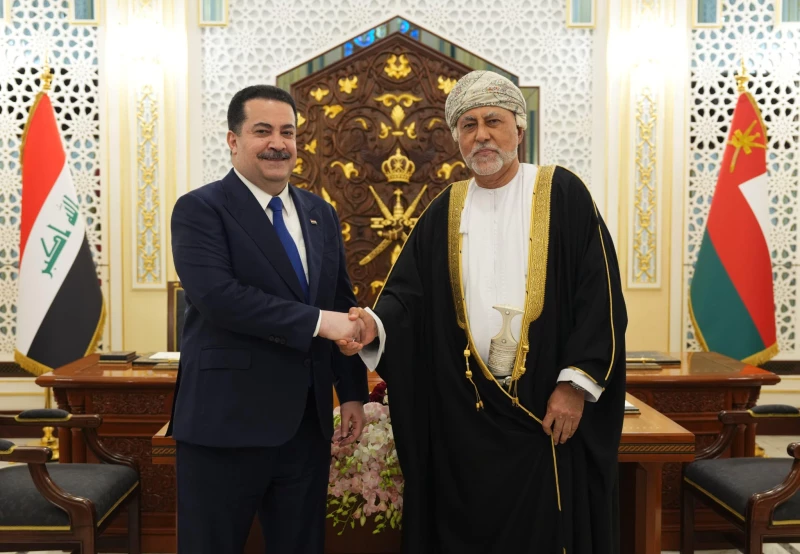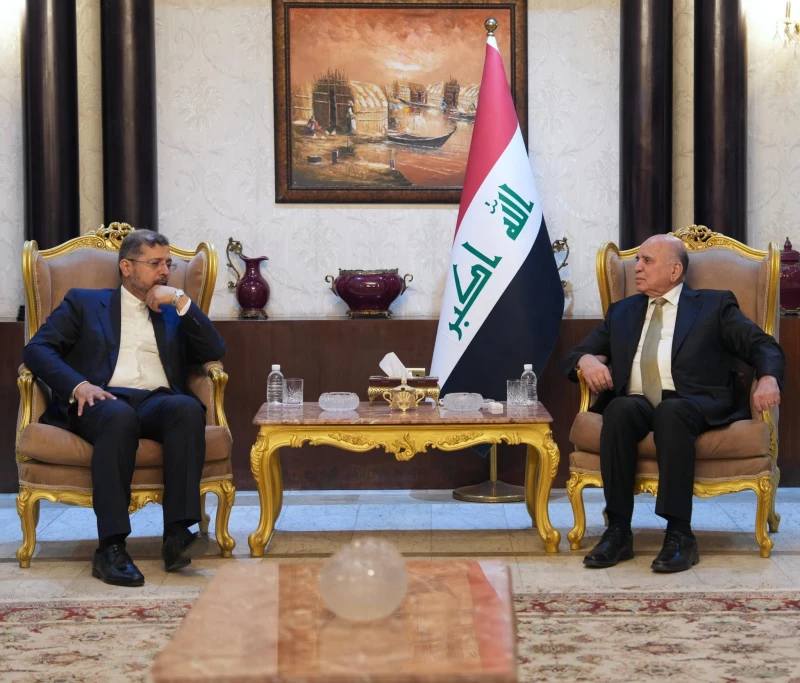ERBIL, Kurdistan Region of Iraq - An Iraqi government official said Monday that Baghdad will insist upon the use of electronic payment systems at government institutions starting next month as part of push to increase the use of banking services in order to lower loan costs and support the country’s economy.
"Cash payments will be banned at government institutions starting next month,” Saleh Salman, an advisor to the prime minister of Iraq, told state media on Monday. "Iraq has made significant progress in adopting electronic payment systems.”
“The government has launched awareness campaigns to encourage the public to adopt electronic payment systems and move away from the traditional cash-based culture,” Salman said.
Salman detailed that the number of bank accounts in Iraq has risen to between 22 and 23 million.
To make advances toward the enhancement of the country's banking infrastructure, the premier’s advisor stated that the Iraqi government has appointed Ernst & Young to restructure about seven state-owned banks, most notably the Industrial Bank, the Real Estate Bank, Rafidain Bank, and Rasheed Bank, as well as the Trade Bank of Iraq (TBI).
"We expect the restructuring plan to be completed and approved by the government by the end of the year,” Salman explained.
Mazhar Muhammad Salih, another advisor to the prime minister, had previously mentioned that the government aims to reduce the large amount of money people keep at home in cash and instead encourage deposits in banks.
“Using digital payments and online shopping helps bring hidden cash into the banking system,” Salih said. “This makes the economy stronger and more stable.”
He noted that about 95 trillion dinars out of Iraq’s 109 trillion dinar money supply are held outside banks. That accounts for nearly 87 percent of all the money in the country, hindering economic growth arising from banking activities such as the issuing of loans.
The central bank and the government have initiated several projects to build trust in digital banking, including fast payment systems, local bank cards, and secure online payment tools.
This step responds to growing challenges in managing cash amid a global shift toward financial digitization. Iraq’s recent move toward digital currencies aligns with global financial developments, as Iraq aims to officially and systematically adopt digital currencies, similar to internationally recognized cryptocurrencies like Bitcoin.
In early March, Central Bank Governor Ali al-Alaq revealed plans to establish a digital currency to replace cash payments.
During a speech at the ninth Finance and Banking Services Conference, Alaq stated that the financial and banking system will undergo fundamental transformations, including the decline of cash, which will be replaced by digital payments for central banks.
He added that the Central Bank is moving toward creating its own digital currency, which will gradually replace paper currency, similar to what is happening in some central banks around the world.
The Iraqi government faces challenges in managing dinar liquidity, suffering from a chronic shortage of the currency. This issue impacts its ability to meet financial obligations, including paying salaries, settling debts, and funding projects.
Iraq’s banking sector suffers from low confidence among citizens due to past financial crises, delayed transactions, and difficulties withdrawing funds from some banks.
The Iraqi government decided to change the exchange rate of the Iraqi dinar against the US dollar in 2020, adjusting it from 1,182 dinars per dollar to 1,450 dinars per dollar, a move that sparked widespread public discontent.


 Facebook
Facebook
 LinkedIn
LinkedIn
 Telegram
Telegram
 X
X



